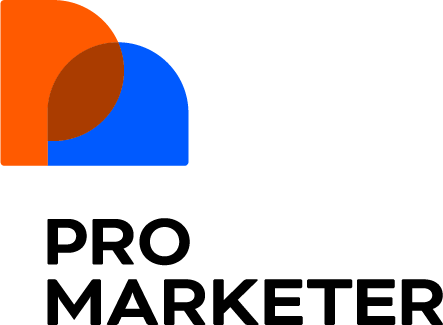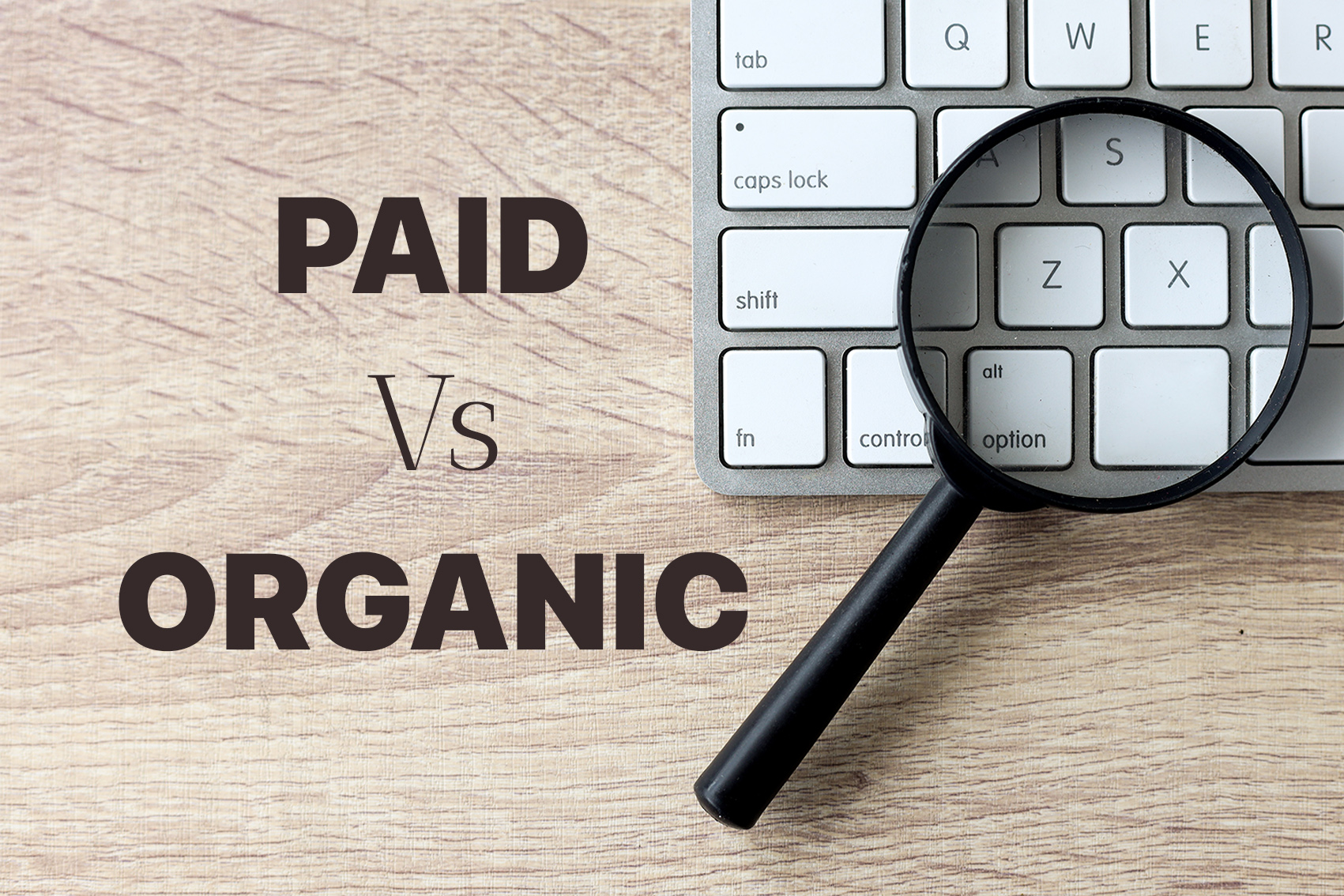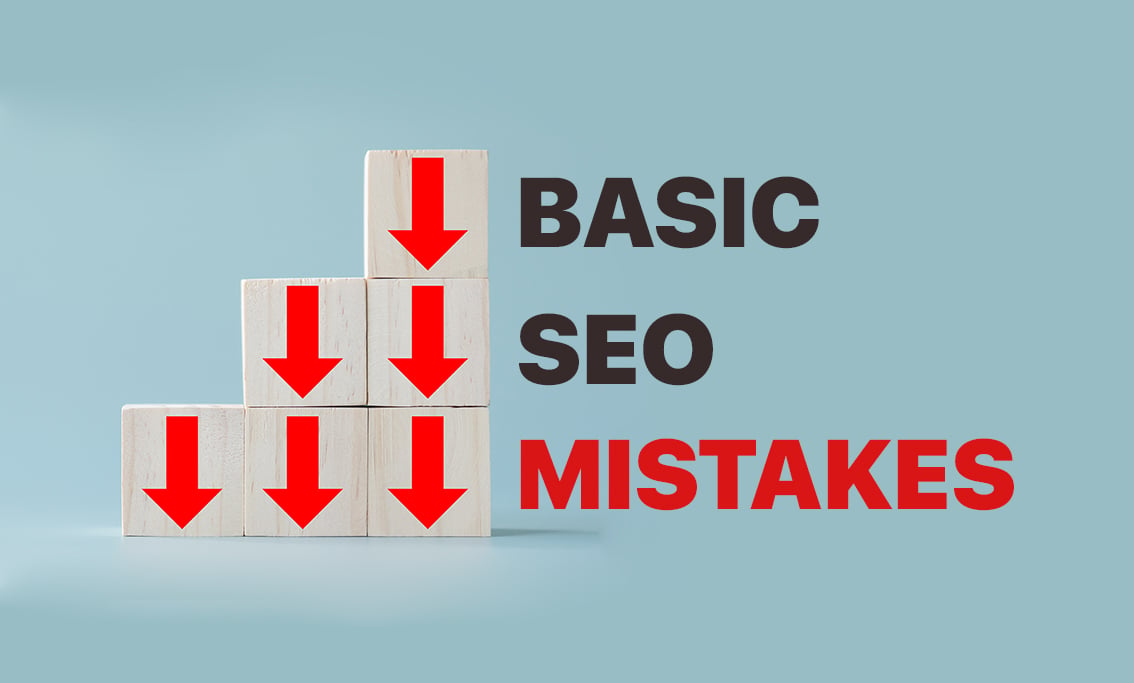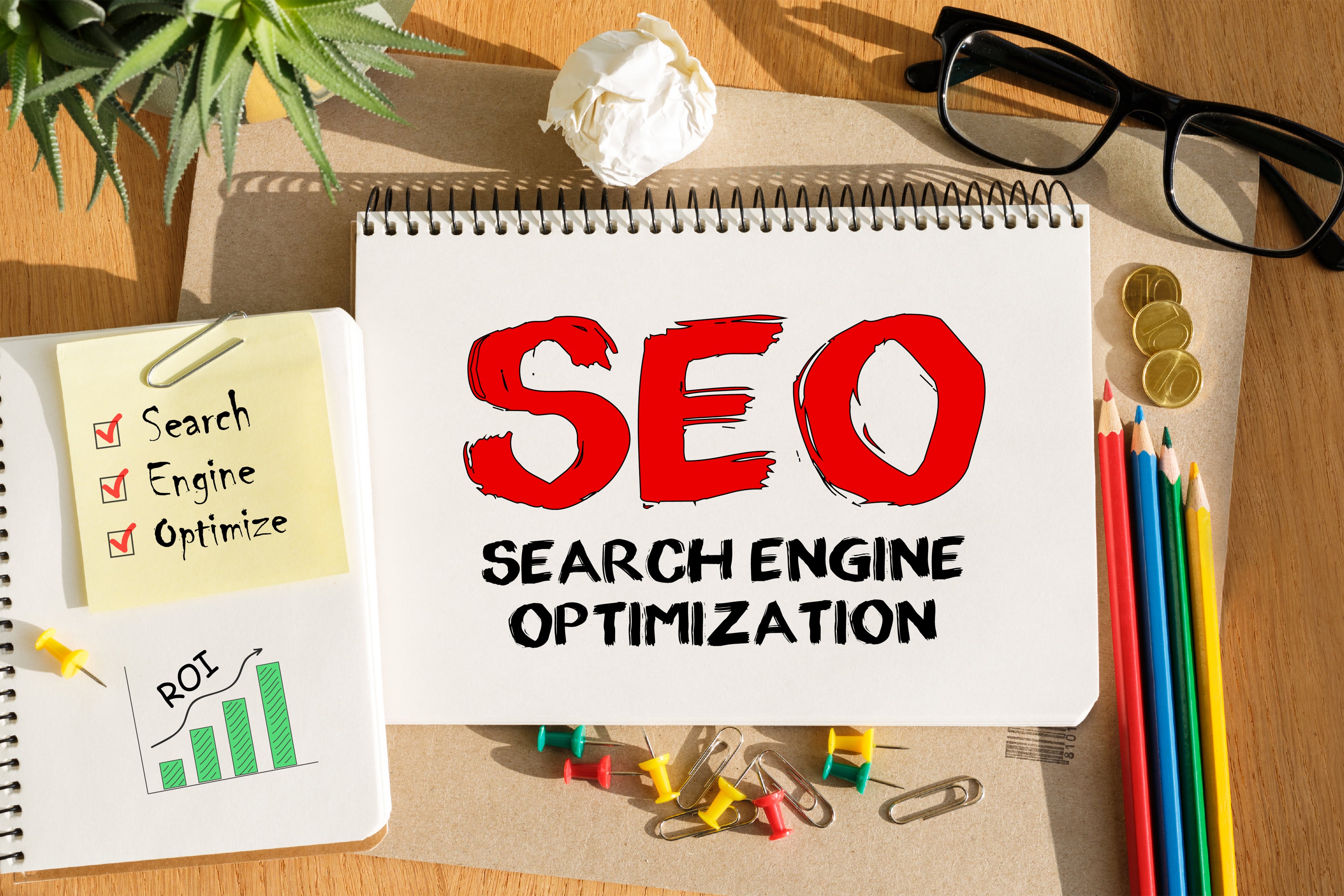In today's digital landscape, search engines play a pivotal role in driving online traffic to websites. If you're a website owner or a digital marketer, you've probably heard of two key terms: paid search and organic search. But what exactly do these terms mean, and how do they differ? In this blog post, we aim to demystify the differences between paid and organic search, providing you with a clear understanding of each strategy's benefits and drawbacks.
Whether you're looking to boost your website's visibility or optimize your marketing budget, this comprehensive guide will equip you with the knowledge you need to make informed decisions and maximize your search engine presence.
Paid Search vs. Organic Search
Organic search refers to the process of getting website traffic from natural, unpaid search engine results, whereas paid search involves paying for ads to appear in search engine results. The difference between these two types of searches lies in the cost and visibility. Organic search is essentially free, as it relies on optimizing a website's content and structure to rank higher in search engine results pages (SERPs) naturally. This means that websites with strong organic search rankings benefit from increased visibility and credibility, as users are more likely to trust and click on these organic listings.
On the other hand, paid search allows businesses to bid on specific keywords and pay for their ads to be displayed prominently in SERPs. While it requires a financial investment, paid search offers immediate visibility to targeted audiences, making it an effective strategy for businesses looking to drive instant traffic and generate leads.
One key advantage of organic search, which is crucial in Search Engine Optimization (SEO), is that it tends to generate more credibility and trust among users, as the rankings are determined by relevance and quality. In contrast, paid search results are clearly marked as ads, which may make some users skeptical. In the world of SEO, organic search refers to the natural search results displayed by search engines when a user enters a query. These results are based on a complex algorithm that takes into account various factors such as relevance, website authority, and user experience.
By focusing on creating high-quality content and implementing effective SEO strategies, businesses can improve their organic search rankings and attract valuable organic traffic. On the other hand, paid search involves advertisers bidding on keywords to have their ads displayed at the top or side of search engine results pages. While paid search can provide immediate visibility, it comes at a cost as businesses have to pay for each click or impression.
Benefits of Paid Search
Reach relevant audience: With paid search, businesses can target specific demographics, geographical locations, and even the interests of users, ensuring their ads are shown to a highly relevant audience. This means that businesses can tailor their advertising strategies to reach the most potential customers who are likely to be interested in their products or services.
Improved visibility and reach: Paid search allows businesses to place their ads at the top of search engine results pages, ensuring higher visibility and reach among potential customers. This is particularly beneficial for companies looking for immediate exposure and fast results.
Benefits of Organic Search
Higher click-through rates: Organic search results can generate high click-through rates compared to paid search, as they are perceived as more trustworthy and credible by users. This is why implementing effective Search Engine Optimization (SEO) strategies is crucial for businesses that aim to increase their online visibility and organic traffic.
Long-Term Value: Organic search can provide long-term value, as once your website ranks well, you can continue to receive traffic and leads without having to invest in ongoing advertising costs. This is in stark contrast to paid search, which requires you to constantly allocate a budget for ad placement and bidding on keywords.
Quality Visibility and Ranking: With organic search, your website's visibility and ranking are determined by factors such as the quality of your content, the relevance of your keywords, and the overall user experience. It offers a more sustainable and cost-effective approach to driving traffic and generating leads over the long term.
Key Takeaway
While with organic search it is possible to attract a large number of users making it an ideal strategy for those looking for maximum Return On Investment (ROI), with paid search you can have more control over the targeting and positioning of your ads, organic search can drive more traffic to your website in the long run.






